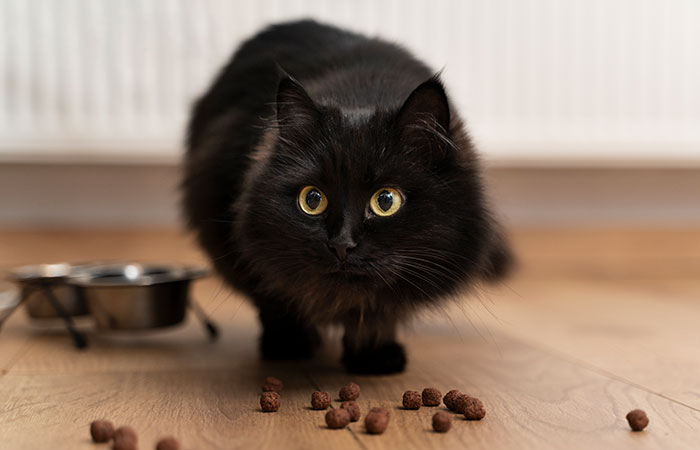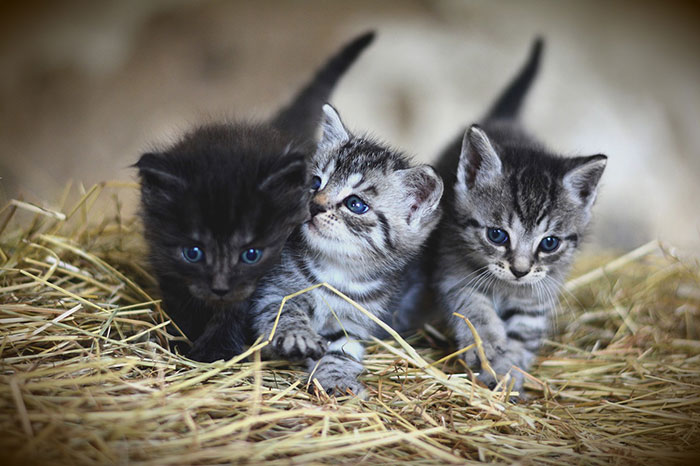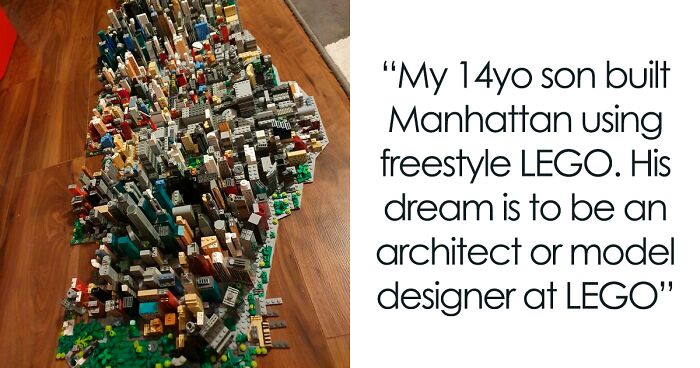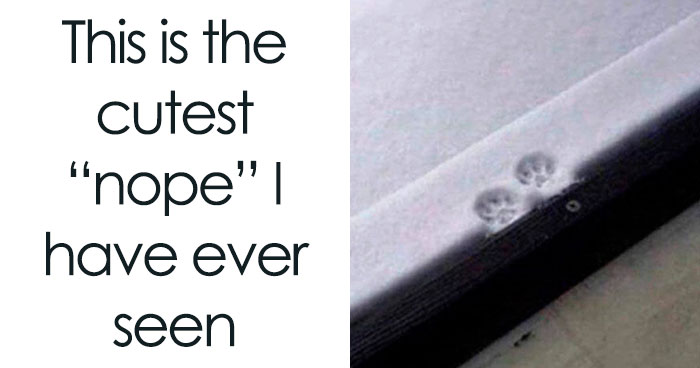Cats are known for exhibiting weird behaviors, and one that often leaves us scratching our heads is food burying. While the short answer to this behavior may be that cats are just bn, there are actually several reasons for this curious habit.
There are many reasons why cats may engage in this behavior, from masking the stress to exhibiting their natural maternal instincts. Let’s explore five reasons why cats try to bury their food and what it might reveal about their feline instincts.
- Food burying is a natural instinct derived from cats' evolutionary history.
- Stress or environmental changes can trigger a cat to bury its food.
- Cats bury food for tidiness or due to distaste for its smell.
- Overfeeding can lead to food burying as cats save leftovers for later.
- Mother cats may bury food as a survival instinct for their kittens.
The information provided herein is for informational purposes only. Please refer to our disclaimer for more details..
What is food caching?
Food caching is hiding and burying food. It is a behavior commonly seen in cats and is rooted in their evolutionary history as predators and scavengers. The domestic cat’s ancestor, wild cats, often did this to store food for later. They also did this to mask the scent of their food and avoid being found by their predators.
In the wild, cats didn’t have a guaranteed source of food. This caching behavior lets them return to their leftover food and prevents other animals from stealing it. This survival instinct still remains in domestic cats, and no matter how much you feed your cat, you might still notice it trying to cover up its food.
In the wild, burying food also had a territorial aspect. The scent glands on the cat’s paws help them leave their scent behind when covering their tracks. This warns other animals that the food belongs to someone. It is more likely that you would see such behavior in feral cats or a neighborhood cat.
Reasons why cats try to bury their food
It is an instinctive behavior
Cats have many instinctual behaviors that were once fundamental to their survival, and food burying is one of them. Because they are natural hunters, cats feel the need to bury their food to store it. While our feline companions have been domesticated, your cat may still show this natural behavior. This behavior is instinctive, meaning cats aren’t taught to bury food; they just do it.
While cats no longer need to cover their food, they simply don’t know. According to a scientific data, these instinctive behaviors are hardwired.
Your cat is stressed
If your cat doesn’t bury food usually and suddenly starts to, it may be due to anxiety. The reasons for this behavior could range from environmental stressors like new cat food to social stressors like bullying. Some medical issues like diabetes and hyperparathyroidism could lead to food burying and food aggression.
Environmental stressors like a new food bowl, moving to a new home, or changing from wet to dry food can stress your kitty. Cats need to feel safe, and in response to this stress, they may attempt to bury food to find a sense of security in the changing environment.
In multi-cat households, food burying may also indicate that your cats are having conflict over food.
Your cat is tidying up
Cats are naturally tidy animals that like to keep their space clean. Your cat may simply be burying its food because he doesn’t want it anymore. Instead of leaving food in the food dish after mealtime, you might discover your cat trying to bury or literally cover their food with different things.
In addition to this, a cat could cover up food because they don’t like the smell. Cats have a keen sense of smell and may be more sensitive to certain odors. So, if they don’t like the smell of their food, they may try to cover it up to mask the scent.
Your cat is saving food for later
If you’re feeding too much food at once, you might notice your cat covering leftover food to return later to it.
Feeding your cat the right amount of food is essential to prevent this behavior. Buried food may rot, leading to foul smells and even illness when eaten. Also, this buried food might attract rodents. Give your cat food when needed and consult a veterinarian to develop the correct quantity and feeding schedule that suits your animal.
According to VCA Animal Hospitals, adult cats should be fed two meals daily at 12 hours.
Your cat is saving the food for kittens
If your mother cat recently had kittens, she may be burying uneaten food for her little babies. By doing this, she might feel that she’s saving up food for later for the kids. This is linked to their innate behavior in the wild.
Note that other adult cats may also bury food for kittens. This is especially common in cats that have previously been mothers.
What to do when cats bury their food
Here are a few things to try if you don’t like your cat’s food-burying habits.
1) Consult a veterinarian
Suddenly, seeing your cat burying food could be a pointer to a more significant issue. If burying behavior is accompanied by other concerning signs like changes in appetite, weight loss, or lethargy, consult a vet to rule out any underlying medical issues. If the food burying is caused by overfeeding, the veterinarian can help you develop the proper feeding regimen.
2) Try dry food
Dry food is more challenging to bury than wet food. If your cat likes to graze, consider transitioning to dry kibble.
3) Offer other feeding methods
Using puzzle feeders and interactive toys to feed cats can stimulate their hunting instincts. By doing this, you encourage your cat to finish meals at once and prevent burying of leftovers.
4) Remove the food bowl immediately after meals
Observe your cat during mealtimes and remove the food bowl once your pet looks satisfied. By doing this, you maintain cleanliness and prevent food burying. Also, regularly clean your cat’s food bowls and mats to prevent disease.
5) Respect their behavior
Food burying is an innate behavior in cats and while we might not particularly understand it, it is a part of their unique behavior. If your cat buries food occasionally and is healthy, you may not need to interfere with this behavior.
Conclusion
In most cases, cats try to bury their food because it is instinctive behavior. In other cases, it might mean your feline is stressed or doesn’t like the food. While food burying is not dangerous, you should pay attention to your cat’s behavior and provide them with a comfortable and stress-free eating environment.
Frequently asked questions
Why does my cat only eat food off the ground?
Your cat might eat off the floor out of preference, curiosity, or resourcefulness. It could also signal that they don’t like their food dish or that they have behavioral issues such as anxiety. Your cat may also have floor-eating syndrome.
Why is my cat scratching the floor near her food and not eating?
Your cat may be scratching around their food bowl like they’re trying to “bury” the food. This is instinctive behavior in cats linked to their wild ancestors.
606views
Share on Facebook
 Dark Mode
Dark Mode 

 No fees, cancel anytime
No fees, cancel anytime 



 Image credits:
Image credits:  Image credits:
Image credits: 



















![“AITA For Losing [It] And Screaming At GF To Get Out Of My House After What Her Stepbrother Did?”](https://www.boredpanda.com/blog/wp-content/uploads/2025/01/man-screams-gf-over-creepy-stepbrother-fb18-png__700.jpg)


10
0